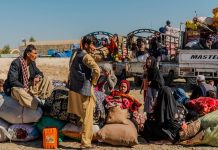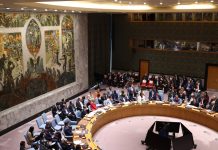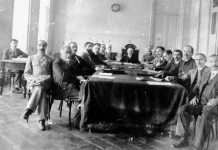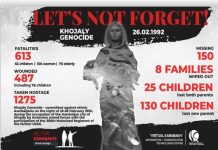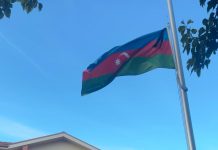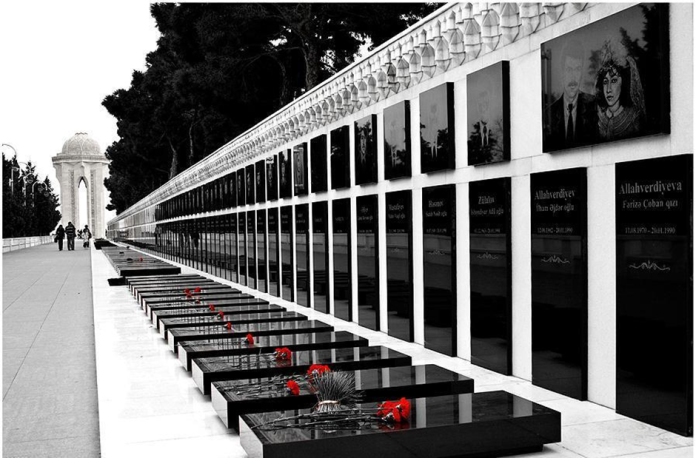On January 20, 1990, the Azerbaijani people experienced an indelible tragedy that would shape the course of their nation’s history. Known as “Black January,” this fateful day marked a brutal Soviet Army incursion into Baku, the capital of Azerbaijan. The assault, aimed at quelling protests against violations of Azerbaijan’s territorial integrity, resulted in the loss of 147 civilian lives and left around 800 wounded.
The roots of Black January lay in the biased policies of the Communist Party and the Soviet government towards Azerbaijan. The Soviet authorities’ indifference to Armenian expansionists claiming Azerbaijani territory had ignited tensions, leading to the expulsion of 200,000 Azerbaijanis from Armenia in 1988-1989. The people of Azerbaijan, left with no recourse, took to the streets to protest the injustices perpetrated against their homeland.
The fall of 1989 witnessed an unprecedented momentum in Azerbaijan’s independence movement, with hundreds of thousands rallying for freedom, independence, and sovereignty. The Soviet response, however, was ruthless. Around 26,000 Soviet troops descended on Baku in an attempt to crush the national movement and preserve the fading Soviet regime. The invasion, launched with ferocity on the night of January 19 to 20, 1990, spared no one, showing no mercy to children, women, or the elderly.

Azerbaijanis protest against the entrance of the Soviet tanks to the streets of capital Baku.
Human Rights Watch documented the atrocities committed by the Soviet army during Black January. Soviet tanks intentionally ran down unarmed civilians, peaceful buses were fired upon, hospitals and ambulances were attacked, and defenseless civilians were stabbed to death with bayonets. The Wall Street Journal editorial of January 4, 1995, revealed Mikhail Gorbachev’s justification for the violence, painting the Azerbaijani people as armed hooligans destabilizing the country with possible foreign support.
The tragic events of Black January, however, failed to achieve their intended suppression of the Azerbaijani people’s spirit. National leader Heydar Aliyev, on January 21, 1990, expressed solidarity with his people, condemned the Soviet leadership for the tragedy, and revealed those responsible for the operation. Black January became the turning point in the history of modern Azerbaijan, marking the acquisition of national identity by the Azerbaijani people.

Azerbaijanis protest against the entrance of the Soviet tanks to the streets of capital Baku.
Unfortunately, justice remained elusive for the victims of Black January, as the perpetrators went unpunished. The Soviet authorities, keen on concealing their crimes, removed all files and evidence related to the massacre. However, as Azerbaijan gained independence in 1991, the Black January events received a full political and legal assessment. The names of the offenders were made public, and the tragedy was officially recognized.
Today, the memory of Black January lives on in the hearts of Azerbaijanis. The Alley of Martyrs, one of the highest points in Baku, stands as a sacred place, honouring those who sacrificed their lives on January 20 and in battles against Armenian aggression. Every year, thousands gather to commemorate the sons and daughters of Azerbaijan, ensuring that their sacrifice for the freedom and sovereignty of the Motherland will be remembered by generations to come.

The Alley of Martyrs in Baku, Azerbaijan








